Mi CompanyMost people want "quality items at honest prices." For its premium goods that are constructed with cutting-edge technology and offered at affordable costs, Xiaomi has a strong fan following. 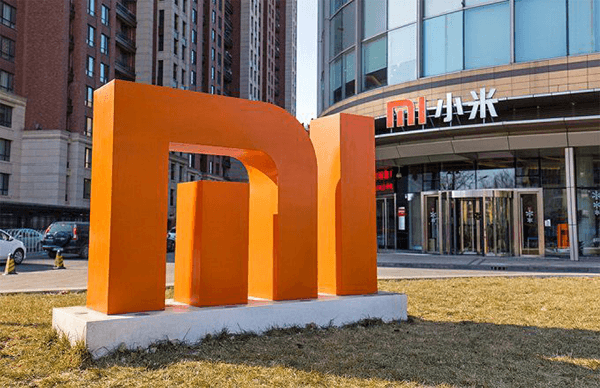
Xiaomi is a Chinese company with a focus on electronics items. The company is present in more than 100 nations and regions and was recognized as the most valuable technology firm in the world as of 2014. Xiaomi was presently ranked 70th on Kantar BrandZ's ranking of the Top 100 Most Valuable Global Brands in 2021. In India also, Xiaomi mobiles have become quite popular, and the brand is at the top of India's list of the most popular phones. By creating the most extensive light mosaic (logo) in the world, Xiaomi India even reached the Guinness Book of World Records. This famous work is located on the top of Xiaomi's Bengaluru headquarters and was created by setting 9,690 lights. About Mi Company
About Xiaomi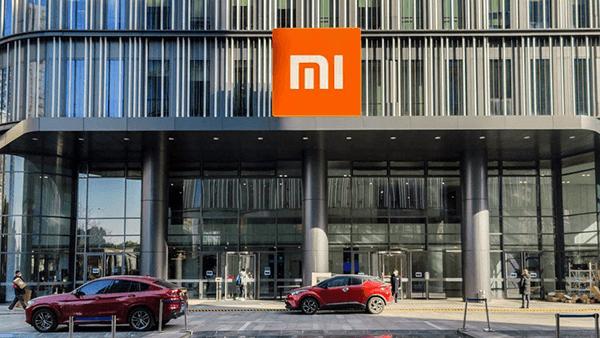
Chinese electronics manufacturer Xiaomi is situated in Beijing. Xiaomi was the most prominent smartphone firm in China in 2014 and was started by Lei Jun in April 2010. Xiaomi is now among the top five smartphone manufacturers in the world. Xiaomi sells a variety of smartphone models under the Mi, Mi Note, Mi Max, Mi Mix, Mi NoteBook, Redmi, Blackshark, and Pocophone series. For its MIUI upgrades, Xiaomi has over 291.6 million active users. Along with such products, the firm also sells laptops, mobile apps, mobile accessories, smart watches, home appliances, and innovative home products. Since 2019, Xiaomi has expanded its accessory offerings to include lunchboxes, pillows, mugs, filters, umbrellas, screwdrivers, hats, bags, glasses, and backpacks. To make personal loans more easily accessible, Xiaomi introduced Mi Credit in India in 2018. Mi Music, Mi Video, and Mi Game are just a few benefits of the firm's online services. History of XiaomiLei Jun founded Xiaomi as a software company and created the MIUI ROM based on Google's Android operating system in 2010. The purpose of MIUI was to provide more features and a better user interface than Android. MIUI gained the appreciation it deserved. According to estimates from March 2020, MIUI's MAU (Monthly Active Users) grew to 330.7 million globally. Xiaomi launched the Mi One phone in 2011, breaking into the hardware business. The Xiaomi team's primary goal has been to produce high-quality hardware products and sell them for significantly less than similar products currently on the market. They also expected to create profit through their services and products. The firm now sells more than only mobile phones, including wearables, home electronics, and innovative home technology. Name, Tagline, And Logo for Xiaomi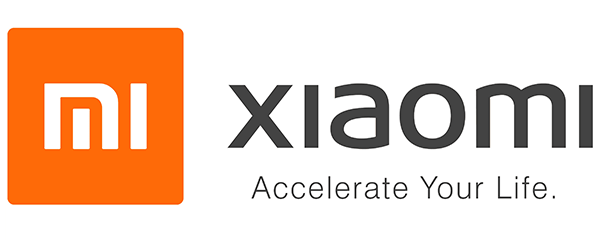
The term "Xiaomi" signifies "Millet," but according to a few sources, it might also mean "Rice." Lei Jun states that "Xiao" inspires the Buddhist concept that "a single grain of rice is as large as a mountain," representing the firm's perseverance. Its original tagline stated, "Only for fans." The word "MI" is shown as the company's logo in a white rectangle within an orange border, and mobile Internet is referred to by the term "MI." However, Xiaomi has claimed that it may also be read as "Mission Impossible," emphasizing the firm's difficulties so far. Founder of XiaomiLei Jun founded Xiaomi and serves as its CEO and president. The other co-founders are Chuan Wang, Dr. Zhou Guangping, Liu De, Li Wanqiang, Wong Kong-Kat, Hong Feng, and Lin Bin. 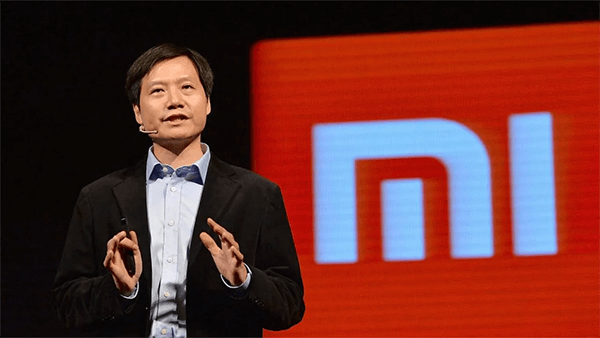
Lei Jun is a Wuhan University computer science graduate. Lei Jun began working as an engineer for the Chinese software business Kingsoft in 1992. Lei Jun was appointed CEO of Kingsoft in 1998. He quit his job at Kingsoft in December 2007 due to health concerns. Lei Jun established Joyo.com, an online bookshop, while still employed by Kingsoft, and Amazon.com obtained Joyo.com in 2004. Lei Jun departed Kingsoft and invested in over 20 firms as an angel investor, and he continues to invest in several businesses through Shunwei Capital. He became Chairman of UC Web in 2008, and Lei Jun established Xiaomi in 2010. 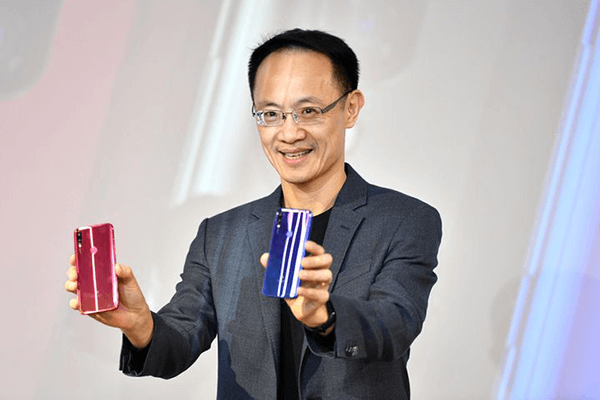
Co-founder and president of Xiaomi, Lin Bin, has a degree in radio electronics and has held positions with companies including ADP, Microsoft, and Google. Lin Bin also sits on the board of advisers at the Tufts University School of Engineering in Boston (USA). 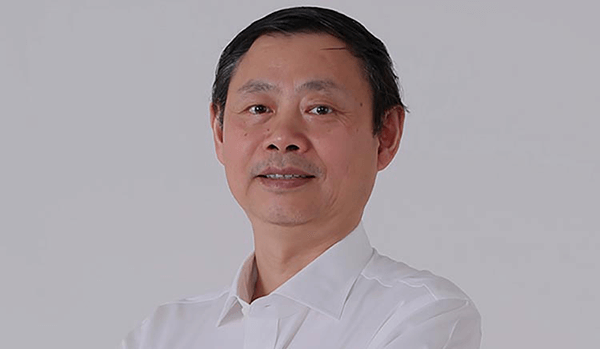
Electrical engineering PhD. Dr Zhou Guangping formerly worked for Motorola and held several influential roles there before joining Xiaomi. Currently, Dr Zhou is in charge of Xiaomi's hardware and BSP teams. 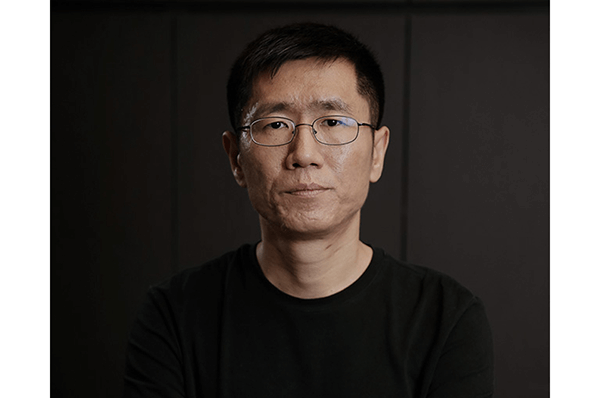
Liu De is a master's educated industrial design specialist who developed the University of Science and Technology of Beijing's Industrial Design Department. Liu De created the industrial design firm "New Edge" in 2003. The industrial design and ecosystem development teams for Xiaomi are under Mr Liu's direction. 
One of the first UI and HCI specialists in China is known as Li Wanqiang. Mr Wanqiang joined Kingsoft in 2000 after earning his degree in Industrial Engineering, where he handled several significant and well-known software projects. Wanqiang joined Xiaomi in 2010 and became a co-founder. 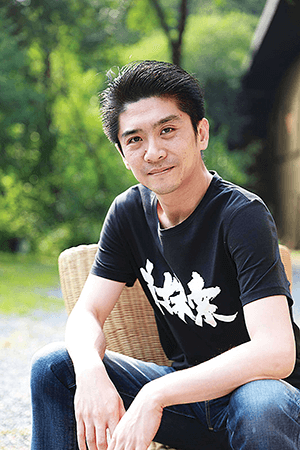
Computer science graduate Mr Wong Kong-Kat joined Microsoft after receiving his degree in 1997 and stayed there till 2010. Mr Wong is currently in charge of the Mi WiFi and Mi Cloud teams. 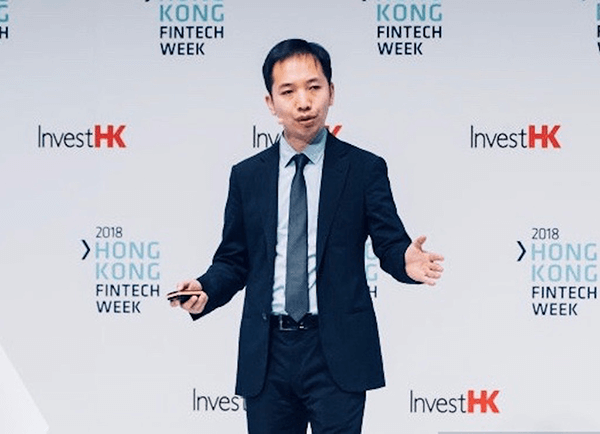
Hong Feng earned a Master's in computer science. He began working with Siebel System as a Lead Software Engineer. In 2006, Mr Hong started working as a senior software developer for Google. Later, he worked for Google China as a Senior Product Manager and handled the development of various locally specialized Google products, including Google Music and Google Pinyin Input. At Xiaomi, Mr Hong is currently in charge of the MIUI division. 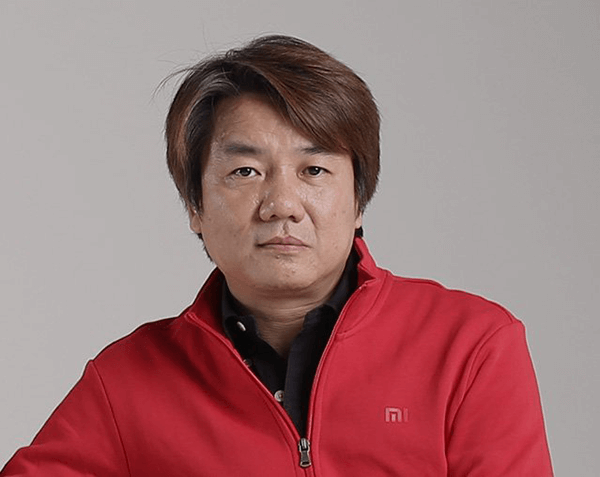
Chuan Wang, a co-founder of Xiaomi, is an experienced businessperson. Mr Wang established Thunderstone Technology in 1997, becoming China's leading VOD (Video on Demand) systems provider. Chuan Wang, who is presently the CEO, created Beijing Duokan Technology, a digital book startup, in 2007. In 2012, Mr Wang entered Xiaomi as one of its vice presidents and co-founder. Currently, he is in charge of Xiaomi's Mi TV and Mi Box teams. Competitors of XiaomiSome of Xiaomi's primary competitors are Apple, Samsung, Huawei, OnePlus, and Oppo. With ongoing improvement and marketing at affordable rates, Xiaomi maintains its absolute leadership position. Although their phones are expensive, Apple and Samsung provide high-quality products, and in contrast, Xiaomi offers a variety of features at affordable costs. In India, Xiaomi continues to enjoy the largest market share for smartphone shipments. Realme is among Xiaomi's biggest rivals, and Oppo's holding company Realme produces smartphones that are just as excellent as Xiaomi's. Realme and Xiaomi are in great rivalry with one another as a result, and Samsung and Motorola are growing rivalry. Samsung put a lot of effort into the M series, emphasizing affordability without sacrificing essential specifications. Xiaomi's Revenue ModelSmartphones, IoT (Internet of Things), lifestyle items, internet services, and other ad hoc goods and services the firm provides are Xiaomi's primary sources of income. Xiaomi's income is derived chiefly from the selling of smartphones. According to reports, the business sold 119 million handsets in 2018, and Xiaomi's IoT and lifestyle product sales account for about 25% of its total revenue. Innovation and GrowthWith 216 industrial design registrations produced under the Hague System in 2020, Xiaomi was placed second globally in the 2021 study of WIPO's annual World Intellectual Property Indicators. With 111 industrial design registrations issued in 2019, they moved from their previous third-place ranking to this one. Lei announced expectations for Xiaomi to join the high-end smartphone business and overtake Apple as the top seller of expensive handsets in China in three years in a statement published on Weibo on February 8, 2022. Xiaomi will spend US$15.7 billion in R&D over the following five years to meet this objective. The business will compare its product lines to Apple's to improve its user experience and product quality.
Next TopicNidhi Company
|
 For Videos Join Our Youtube Channel: Join Now
For Videos Join Our Youtube Channel: Join Now
Feedback
- Send your Feedback to [email protected]
Help Others, Please Share










